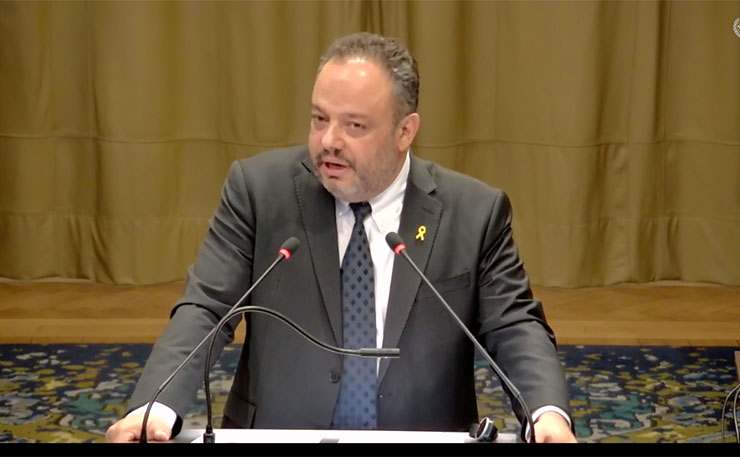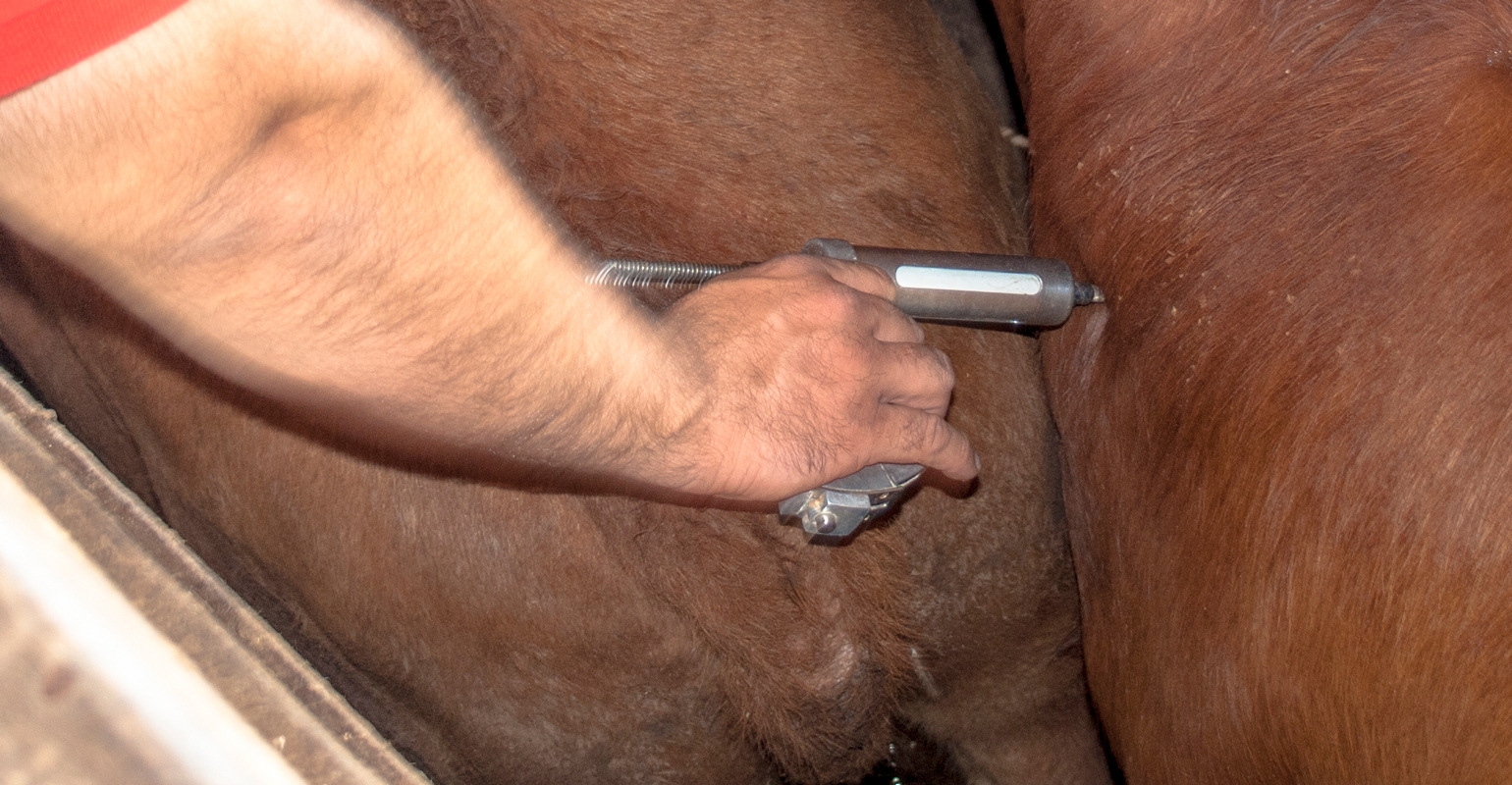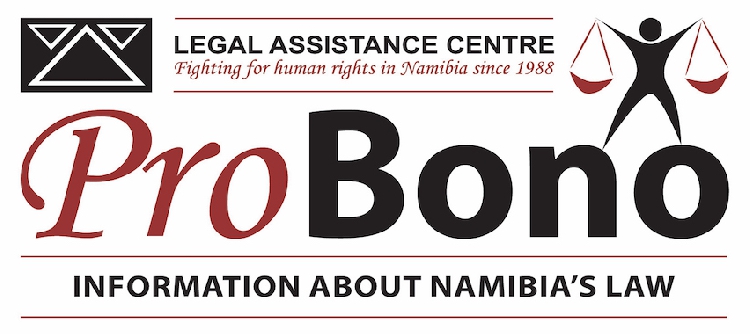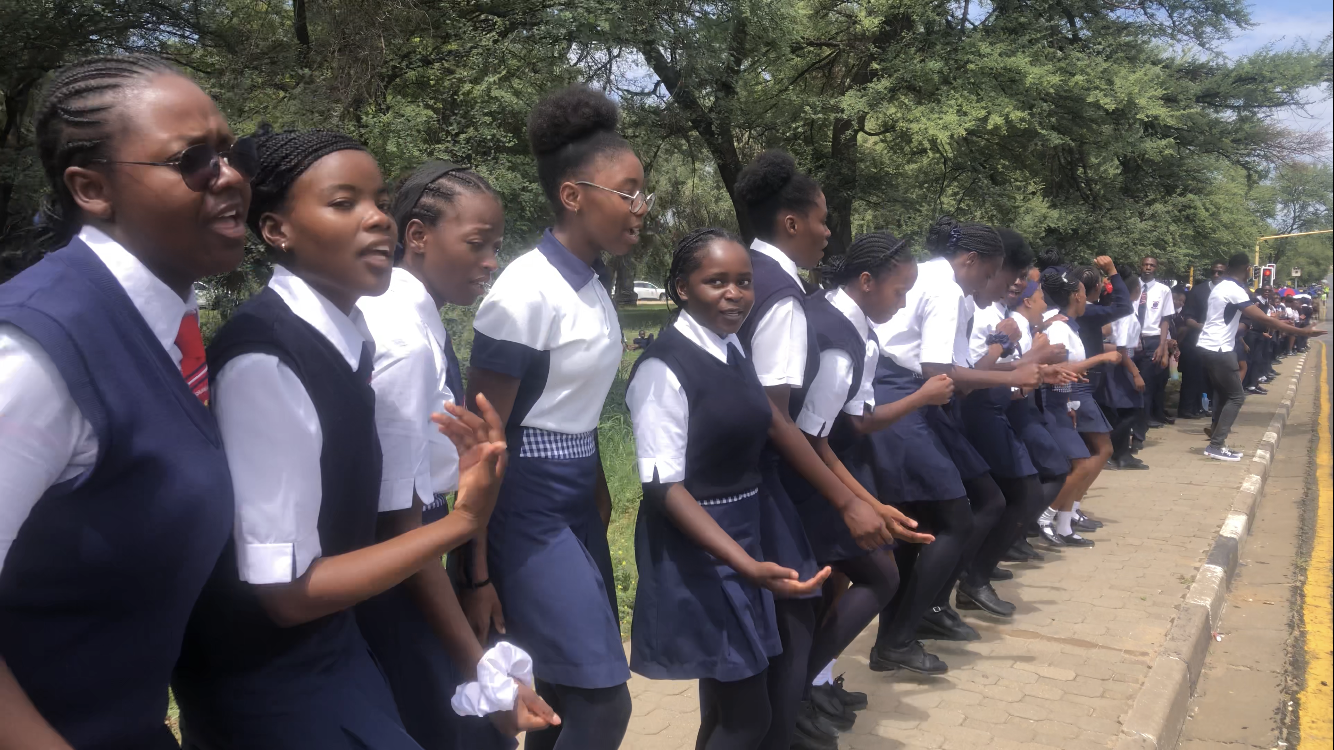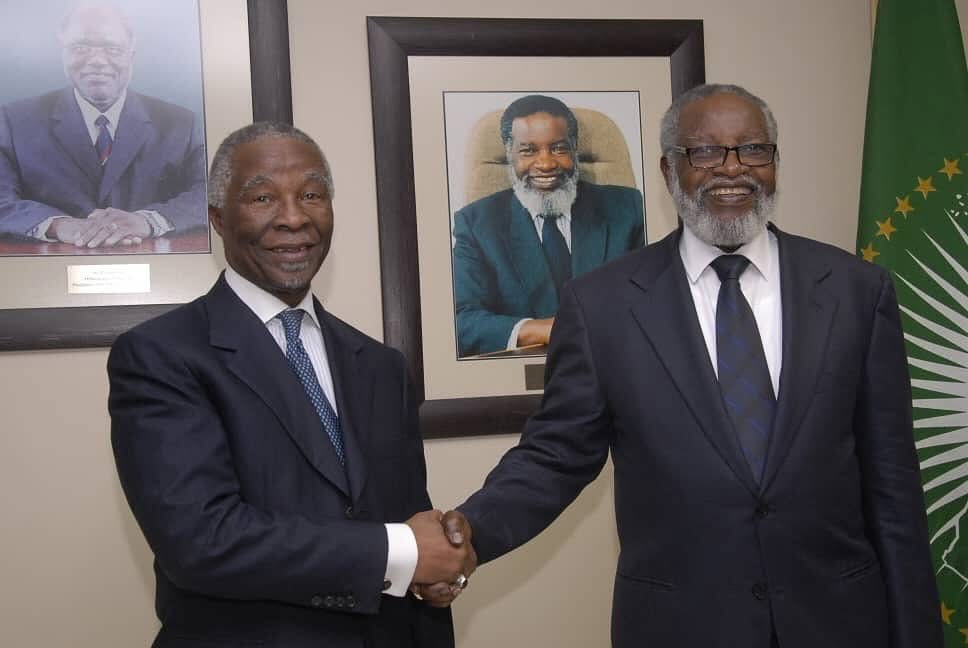Legal adviser of the Israeli Ministry of Foreign Affairs Tal Becker says Israel is fully aware of the tenets of the Genocide Convention seeing as the country and its people have a long history with genocide, starting with the systematic murder of six million Jews in the holocaustin Germany.
“Given the Jewish people’s history and its foundational texts, it is not surprising that Israel was among the first states to ratify the Genocide Convention without reservation and to incorporate its provisions in its domestic legislation. For some, the promise of ‘never again for all peoples’ is a slogan, for Israel it is a moral obligation,” Becker says.
This was Israel’s opening statement in the presentation of its arguments in the International Court of Justice case against South Africa on Friday. South Africa accuses Israel of committing acts of genocide in the Gaza Strip in violation of the 1948 Genocide Convention. The country is also requesting that the court implement provisional measures, including the suspension of military activities in Gaza and the prevention of forced displacement. Israel has denied all claims of genocidal intent in their conduct, claiming that the country has the right to defend itself against attacks.
“The applicant has now sought to invoke this term in the context of Israel’s conduct in a war it did not start and did not want. A war in which Israel is defending itself against Hamas, Palestinian Islamic Jihad and other terrorist organisations whose brutality knows no bounds,” said Becker.
Israel’s legal counsel consisting of advocate Galit Raguan, advocate Omri Sender, Dr Christopher Staker and professor Malcom Shaw argued that South Africa’s case was distorted and decontextualised.
Shaw argued that Israel cannot be held to have not attempted to prevent loss of civilian life because it has worked to facilitate humanitarian aid without reservation.
“Its [Israel] practice of mitigating civilian harm such as by forewarning civilians of impending action by the unprecedented and extensive use of telephone calls, leafletting and so forth, coupled with the facilitation of humanitarian assistance, all demonstrate the precise opposite of any genocidal intent,” he said. Shaw also said that South Africa’s presentation of comments made by top members of the Israeli government is misleading as the comments do not align with Israel’s policy. “In order to determine the policy and intentions of the government of Israel, it is necessary to examine the decisions of the ministerial committee on national security affairs and the war cabinet and to examine whether the particular comments expressed, conform or not with the policies and decisions made,” he said.
On Thursday, South African advocate Tembeka Ngcukaitobi argued that the use of comments like “human animals” and “bloodthirsty monsters” showed genocidal intent on the part of Israel through the use of a language of systematic dehumanisation.
Raguan argued that Hamas has not only threatened Israeli lives, but has time and again shown disregard for Palestinian lives.
“What the applicant neglected to inform the court, however, was that Hamas has in its contempt for Palestinian civil life regularly and deliberately fired from [humanitarian] zones, turning areas of relief into zones of conflict,” she said.
This case comes as more than 23 000 people have been killed since 7 October, with nearly 10 000 of them children. The court’s ruling can be expected in a few weeks.
Stay informed with The Namibian – your source for credible journalism. Get in-depth reporting and opinions for
only N$85 a month. Invest in journalism, invest in democracy –
Subscribe Now!




